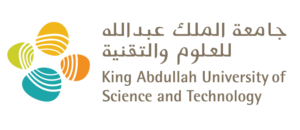Plant Science
A bright future for sustainable agriculture
Passionate plant scientist Mark Tester conducts ground-breaking research into plants that could one day help feed the world.
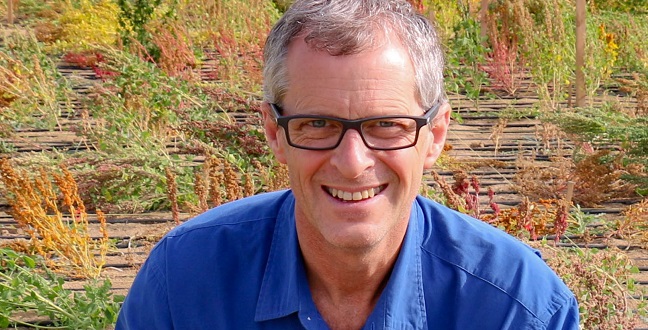
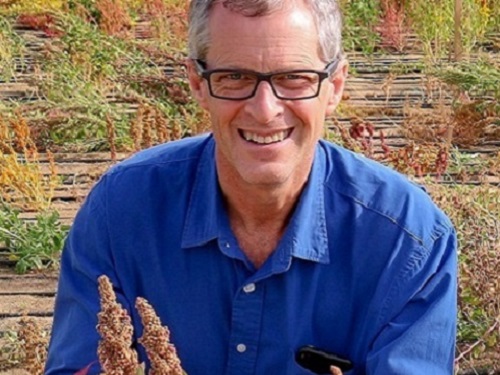
Tester’s team recently reported on the first high-quality sequencing of the quinoa genome; these results will advance understanding of the plant and its potential for cultivation in poor soils with low-quality water.
© 2017 KAUST
Imagine a scenario where crops, such as barley, rice and quinoa, are grown in near-desert conditions, in poor-quality soils or on otherwise barren, marginal lands. These staples, irrigated with brackish water, would produce enough nutritious food to feed the world’s population, even as it continues to grow in the future.
“Ever since I was a child, I’ve had a strong belief that we should leave the world in a better state than we found it,” said Mark Tester, Professor of Plant Science. “This is one of the reasons I’ve chosen this career. As a plant scientist, the most challenging, inspiring and powerful goal is to contribute to helping feed all the people on this Earth.”
Tester’s research has already charted a course towards achieving this goal. Originally from Australia, he has worked there and in the United Kingdom since graduating in the 1980s. Before he moved to KAUST in 2013, Tester designed and created the Plant Accelerator at the University of Adelaide in Australia. This unique facility allows scientists to grow and image thousands of plants, all at the same developmental stage, and monitor how subtle differences in environmental and genetic factors can affect their productivity and health.
Tester’s expertise spans a wide, cross-curricular spectrum, from plant physiology and cell biology to research projects that utilize the latest in plant genetics and genomics technologies. At KAUST he is leading research that aims to pinpoint key genes conferring salinity tolerance. The manipulation of these genes could transform the ability of specific crops to thrive in poor-quality soils or under saline conditions.
“My research team is currently focusing on three key areas,” said Tester. “Firstly, we aim to increase the salinity tolerance of common, hardy crops. For example, we recently identified key genetic loci responsible for increased salt tolerance in different strains of barley and rice1, 2. Secondly, we aim to domesticate salt-tolerant plants so that they flourish and produce high yields even under extreme conditions. We recently reported on the first high-quality sequencing of the quinoa genome3; our results will help us to understand how the plant grows, matures and produces seeds, ultimately allowing us to create highly productive, resilient quinoa plants.”
Complementing these two strands of research, Tester also hopes to facilitate crop irrigation with partially desalinated water. This could be via the desalination of seawater or by using brackish water from estuaries or underground aquifers.
Working closely with engineers, Tester hopes to find ways to lower the costs of desalination and create an economically viable, sustainable system. Tester hopes that this will allow for the use of the water which is currently off-limits; a crucial step forward for global agriculture.
“Much of the world’s food is currently produced under irrigation with fresh water,” noted Tester. “This is completely unsustainable, particularly given the extra challenges raised by climate change and the warming of the Earth. This reliance on irrigation is the sleeping giant in the room—a massive challenge facing humankind that we simply cannot ignore any longer. It is absolutely critical that we work out a way to resolve this.”
Tester is grateful for the University’s support of his work in this regard. He explained that he finds the university’s commitment to helping him achieve his goals is in itself a source of inspiration not to mention that the access he has to their state-of-the-art facilities and resources is invaluable.
“A key reason why KAUST was set up in the first place was to reinvigorate science in the Islamic world, and I fully support that aim,” said Tester. “There is nothing better than teaching and inspiring the next generation of graduates, encouraging them to fully explore their own ideas and potential and having the resources available to achieve this.”
Tester firmly believes that advances in plant genomics and the insights from these new technologies will transform global agriculture. He is now working to enlist the support of philanthropists and organizations to help further plant science research.
“Using sandy soils, sea water and the current revolution in plant genomics, we will develop new techniques to contribute to a new global, sustainable agriculture,” explained Tester. “Working at KAUST gives me the springboard from which to do this.”
References
- Saade, S., Maurer, A., Shahid, M., Oakey, H., Schmöckel, S.M. et al. Yield-related salinity tolerance traits identified in a nested association mapping (NAM) population of wild barley. Scientific Reports 6, 32586 (2016).| article
- Al-Tamimi, N., Brien, C., Oakey, H., Berger, B., Saade, S. et al. Salinity tolerance loci revealed in rice using high-throughput non-invasive phenotyping. Nature Communications 7, 13342 (2016).| article
- Jarvis, D.E., Ho, Y.S., Lightfoot, D.J., Schmöckel, S.M., Li, B. et al. The genome of Chenopodium quinoa. Nature 542, 307-312 (2017).| article
You might also like
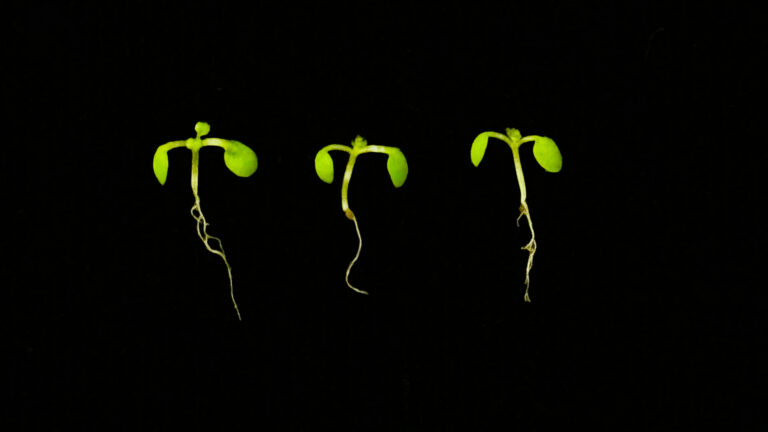
Plant Science
Coevolution of the microbiome with its host plant supports environmental adaptation
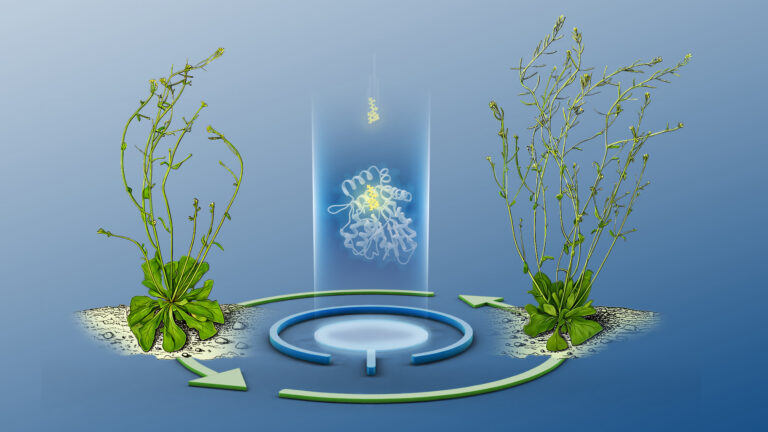
Bioscience
Hidden flexibility in plant communication revealed

Plant Science
Reference genomes for rice’s wild relatives may boost future crops
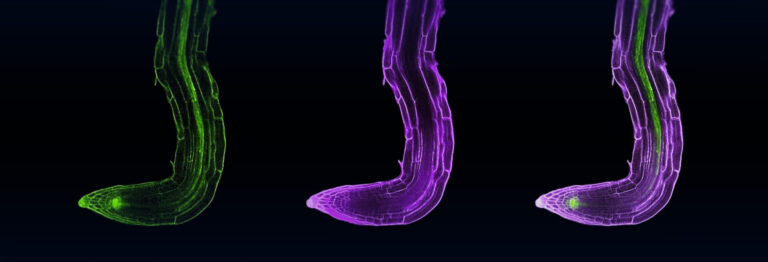
Bioscience
Digging into the world of plant-growth-promoting microbes
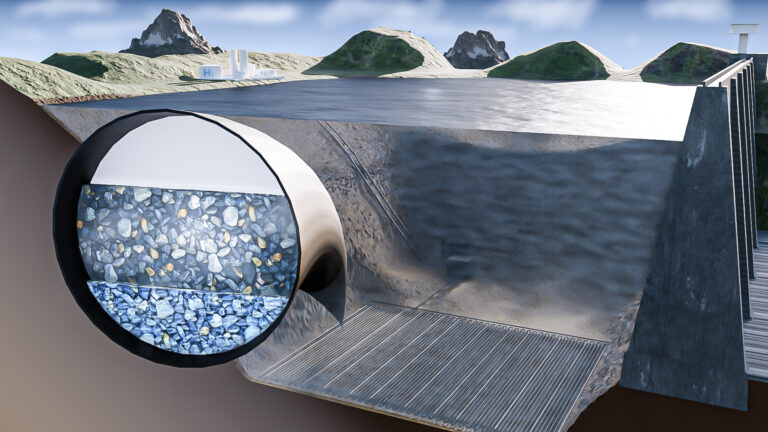
Environmental Science and Engineering
Hydrogen storage solution could lie in lakes
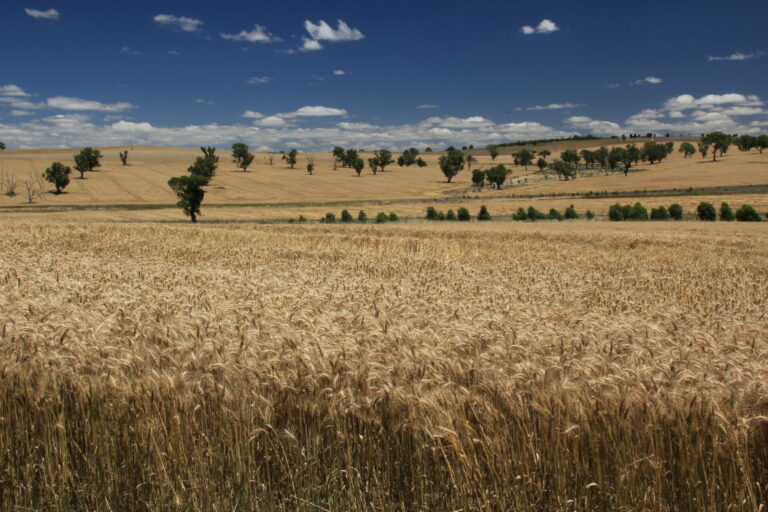
Bioscience
Unraveling modern bread wheat from the genes up
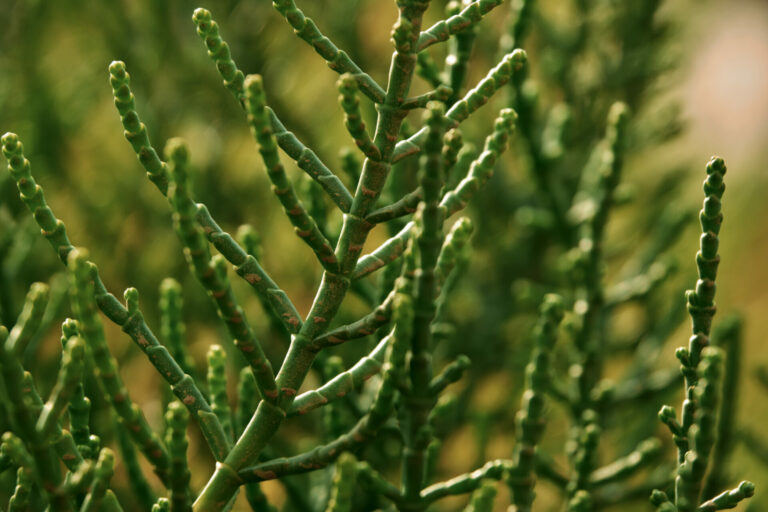
Bioscience
Why do some plants thrive in saline conditions?
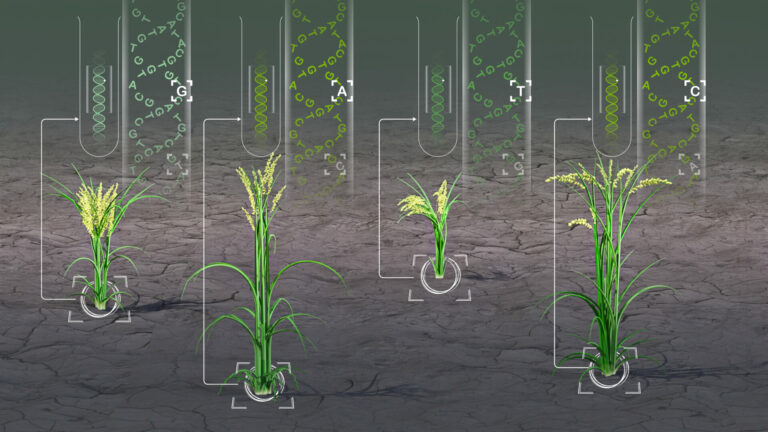
Bioengineering
